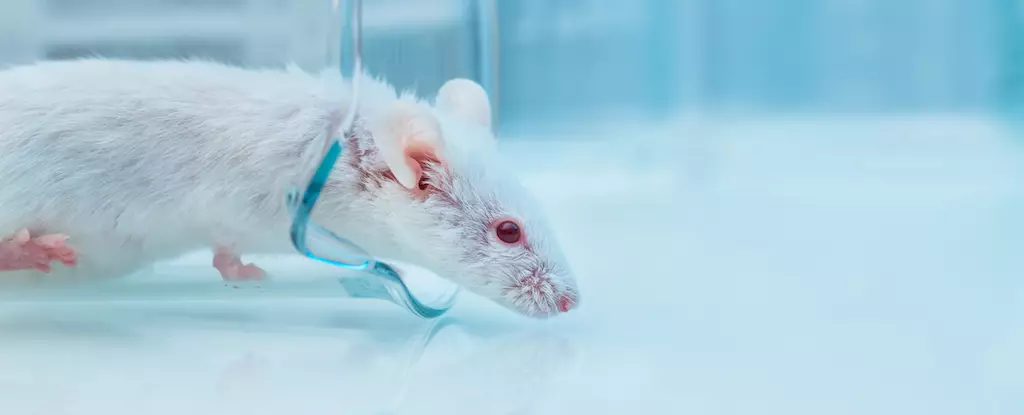In an age where the quest for longevity has captivated both scientists and laypeople alike, a recent study from European researchers presents intriguing—and somewhat revolutionary—findings. It breathes new life into the ongoing conversation about aging and the possibility of extending not just lifespan, but healthspan. The key players in this fascinating saga are rapamycin and trametinib, two drugs initially designed for cancer treatment. The study’s revelation that a cocktail of these medications extends the lifespan of mice by approximately 30% is an exciting development worth dissecting.
Understanding the Mechanisms at Play
Rapamycin is no stranger in the scientific community. Known primarily for its role in preventing organ rejection and its application in cancer therapy, it has been linked to increased longevity in various animal studies. Trametinib, on the other hand, has made its mark in the realm of fruit fly research, but it was still an open question whether it could deliver similar benefits in larger mammals. The new research spearheaded by the Max Planck Institute shows that these drugs, when combined, synergistically enhance their individual abilities to extend lifespan. While rapamycin alone affords a lifespan boost of 17-18%, trametinib adds another 7-16% when used independently. Together, they pave the way for a surprisingly robust increase in longevity.
What makes these findings particularly compelling is not just the increase in lifespan, but the quality accompanying these extra years. The study noted a marked reduction in chronic inflammation and delayed onset of diseases like cancer. This proactivity against degenerative disorders—and the maintenance of vitality in older mice—suggests that we may be moving toward a future where aging could be viewed not as a decline into frailty but as an opportunity for a vibrant life even in twilight years.
From Mice to the Human Experience: Bridging the Gap
While the results in mice are hard to ignore, we must take a moment to acknowledge the chasm that exists between animal studies and human application. As researchers like geneticist Linda Partridge emphasize, we shouldn’t delude ourselves into thinking a magic pill taken casually will catapult us into a centenarian lifestyle devoid of ailments. The real victory will be in enhancing the last chapters of our lives, ensuring that when we age, we do so with grace and optimal health rather than just a prolonged existence.
Interestingly, both drugs are already approved for human use, which signals an expedient path to potential clinical trials. Given that they are already part of medical protocols in cancer treatments, the leap to exploring their efficacy through an anti-aging lens seems not only plausible but also necessary. In an era where quality of life is gaining prominence over merely extending lifespan, the result of this research could redefine the aging narrative entirely.
The Ethical Undertones in Anti-Aging Research
Nevertheless, we must tread cautiously in our enthusiasm. The spotlight on anti-aging science opens a Pandora’s box of ethical dilemmas. Who would ultimately benefit from these advancements? Will we create a societal chasm where the affluent enjoy an extended, healthier life while the underserved remain trapped in cycles of disease and early death? These are questions that society must grapple with—questions that force us to scrutinize our values and priorities in health care and social equity.
Regardless of these concerns, the progress observed in enhancing the life and health of mice serves as an important catalyst. It should invoke a more significant discourse around how we as a society can harness this knowledge to ensure equitable access to emerging treatments, fostering not just longevity for some, but healthy, fulfilling lives for all.
The journey from scientific discovery to everyday life is fraught with potential pitfalls but also brimming with promise. It’s essential for researchers and policymakers to work collaboratively to translate these exciting laboratory findings into beneficial outcomes for humanity at large. Only then can we hope to successfully navigate the intricate web of aging while ensuring that the blessings of science are equitably shared.


Leave a Reply